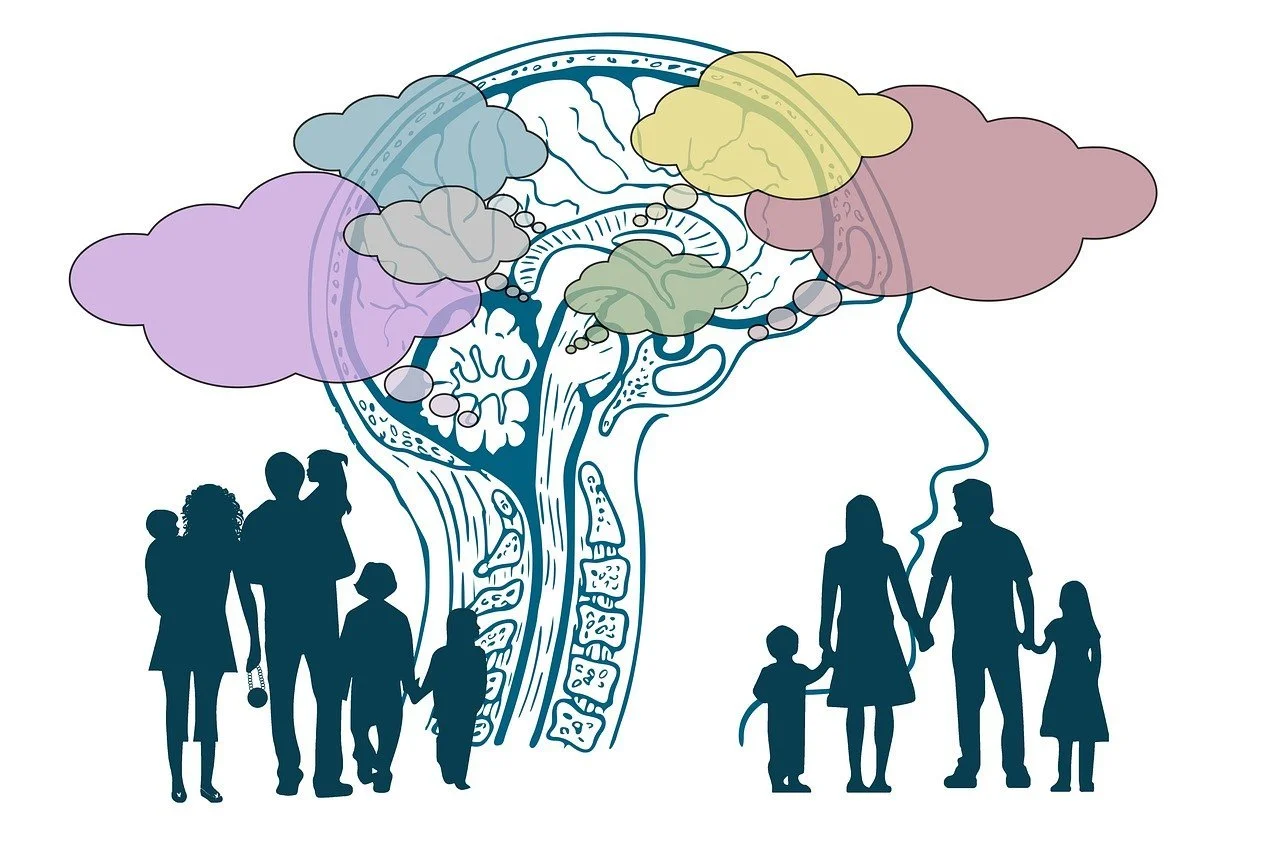The Key Parts of your Brain That Help You Learn
Learning isn’t just trying harder, it is also about understanding how your brain learns. I am sure you have tried to learn something new, like a new word in a foreign language, a skill, or maybe just someone’s name, and found that it vanished straight away.
However, despite most thinking this is just forgetfulness, you brain is actually doing exactly what it is designed to do. Let’s take a brief look at the key parts of the brain that shape how you learn, remember, and focus, and most importantly, how you can get the most out of them.
1. The Prefrontal Cortex: The Mental Manager
The prefrontal cortex sits just behind your forehead and helps with decision-making, focus, and problem solving. It is the part of your brain that helps you to remain focussed and on-task and make sense of what you are trying to learn.
Why it matters: The prefrontal cortex can only handle so much information at any one time. If you give it too much information it becomes overwhelmed and tunes out.
Try this: Break content down into smaller chunks. Take short breaks. Revisit what you are learning. Your brain likes portions of information that are digestible, not non-stop information buffets.
2. The Hippocampus: The Memory Converter
The Hippocampus is a seahorse shaped structure that serves as your brain’s memory hub. It takes what you have just been learning/experienced and makes the ultimate decision on whether to store it long-term or let it fade away.
Why it matters: If you don’t come back to material shortly after learning it, your hippocampus will likely decide that it wasn’t important enough to store long term and you lose it.
Try this: Used spaced repetition. Revisit the material that you want to retain multiple times over several days (can be in increasing time intervals). Each time you do this, the neural connections of the memory become stronger and more durable enabling you to ‘easily’ remember that information.
3. The Amygdala: The Emotional Highlighter
The amygdala is a little almond shape region of your brain that processes emotions, and it plays a significant role in what you remember. Emotionally charged experiences stick in your brain more than dull ones. I am sure you can think of an emotionally situation you have been in right now where it feels like you can remember everything in incredible detail. It is due to the amygdala that you can do this.
Why it matters: If you’re nervous, bored, or stressed, learning is much harder than it would otherwise be. But if you’re curious, interested, or even laughing, your amygdala can flag that moment as important.
Try this: Make learning enjoyable. Use stories, humour, and real-life positive connection. Don’t just memorise, try to feel something about what you are learning.
4. The Attention Network: The Spotlight Operator
Attention can be thought of as a spotlight in your brain, and you can only focus that spotlight one thing at a time. This network, involving multiple brain areas, helps you to focus on what matters.
Why it matters: If your attention is scattered, thanks to outside distraction such as noise or your phone, your learning suffers.
Try this: Remove distractions. Keep learning sessions short. Put your phone away out of sight. You learn best when you are fully present and focussed on what you are trying to learn.
Summary
In summary, learning isn’t just about effort, it is also about your biology, how your brain works. When you understand how your brain learns best, everything gets easier. Remembering names, acquiring a new skill, understanding traditionally harder concepts all become easier.
Work with your brain, not against it. Learning is what your brain was built to do.
